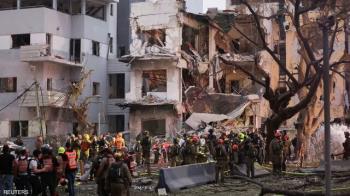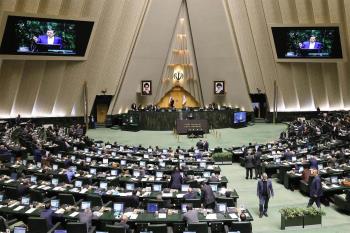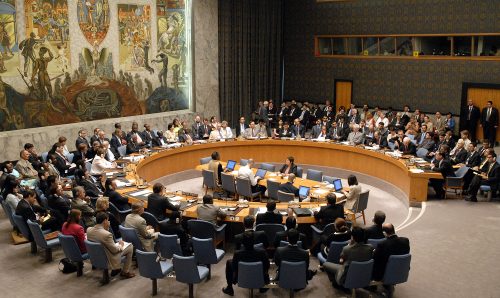Alwaght- The American Enterprise Institute (AEI) has published a report in which it blamed the international community’s push for a ceasefire during the July 2006 war on Lebanon, saying the pressure further empowered Hezbollah resistance movement.
The institute labeled calls for an immediate cessation of hostilities after Israeli warplanes heavily pounded Lebanon and left a bloody trail behind, as “diplomatic short-sightedness.”
“Eventually, diplomats got their wish. The United States joined the international chorus calling on Israel to stand down, no matter that Hezbollah still posed a potent threat,” Michael Rubin writes.
On August 11, 2006, the UN Security Council unanimously adopted Resolution 1701. It called for a ceasefire and claimed “there will be no weapons or authority in Lebanon other than the Lebanese state.
AEI regretted that this resolution ended the 33-day war on Lebanon that claimed lives of more than 1,000 Lebanese and injured thousands of others, not to mention the amount of destruction it resulted in. It sees that were it not for the ceasefire, Hezbollah would have been weakened, if not destroyed, by the Israelis. That’s why it points the finger at politicians who made a diplomatic blunder in 2006 that appears to have come at a great cost.
“Ten years on, it’s perhaps wise to sit back and consider the price of a premature ceasefire. Today, analysts and experts place Hezbollah’s arsenal at between 120,000 and 130,000 rockets and missiles. Whereas in 2006, Hezbollah could only strike northern Israel, today their rockets and missiles can imperil every inch of the Jewish state,” Rubin disappointedly expresses.
Contrary to what the institute claims, Hezbollah’s power today is not directly linked to this decision, however objectionable it may have been for the Israelis. Even if there were no international decision to end the war, and the Israelis continued to batter Lebanon, the resistance would have emerged triumphant. In fact, it seems that the resolution did the Israelis a favour, to save them from further embarrassment and a lot of money as well.
In addition, the resolution to disarm the resistance was also an obstacle that was thrown in front of Hezbollah. Little did they know that it would only strengthen its resolve.
“No army in the world will force us to drop our weapons, force us to surrender our arms, as long as people believe in this resistance,” Hezbollah Secretary-General Sayyid Hassan Nasrallah had affirmed.
To say that US President George W. Bush and his administration had helped the resistance grow is unreasonable. Hezbollah is a “formidable force” today first and foremost because it has persisted and stood before the most powerful entities in the world by maintaining the one element that inspires it to do so: faith.
Indeed, Iran has played a major role in reinforcing Hezbollah through arms supplies, training, and political endorsement but one cannot give credit to the so-called “fickleness of diplomats” for strengthening the group. Washington, at that time, certainly did not hesitate to stand by the Israeli regime against all else.
“There would be no Sword of Damocles hanging over the region,” the institute states were it not for the diplomatic turn that forced the Israelis to halt its aggression against Lebanon.
Again this claim is baseless. However, it is true that in the span of a decade, Hezbollah has significantly improved its arsenal, strategies, and man power.
A report published on Haaretz extensively covered Hezbollah’s evolvement throughout the years explaining that the number of its reserve fighters has increased exponentially since 2006, that the group possesses tens of thousands short-range missiles, thousands of medium-range missiles, and hundreds of long-range missiles in addition to other advanced weapons. Most importantly, Hezbollah can strike anywhere in the Israeli regime.
“Alas, because of decisions a decade ago, the question is not whether a new Israel-Hezbollah conflict will occur, but how many orders of magnitude greater the damage will be,” he concludes.
Dismissing the reason mentioned in the cited article on why Hezbollah has evolved and grown into a powerful army, one thing is unmistakable and that is the inevitability of another confrontation between Hezbollah and the Israeli Occupation Force. When and if it occurs, many believe that the battle will be a decisive event in the history of the occupying Zionist regime.



























